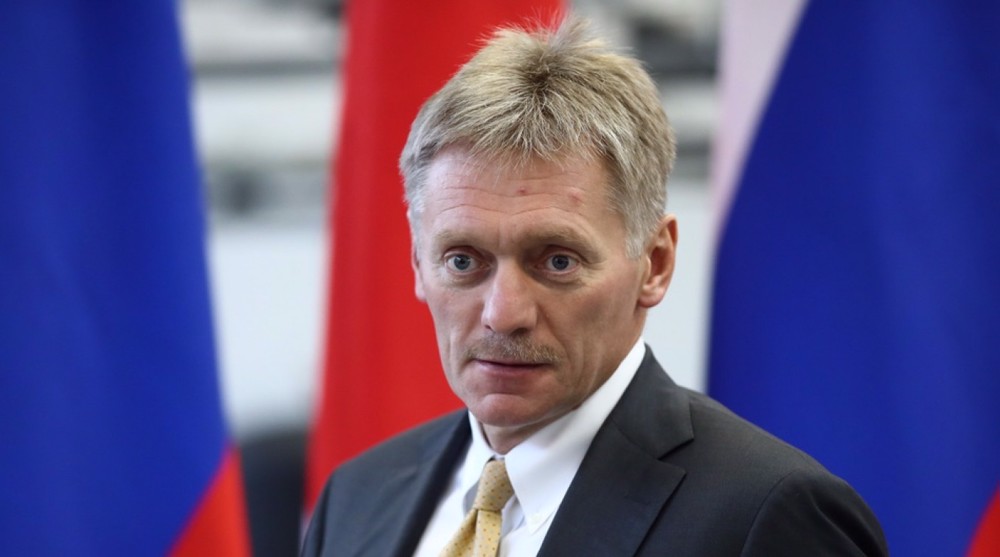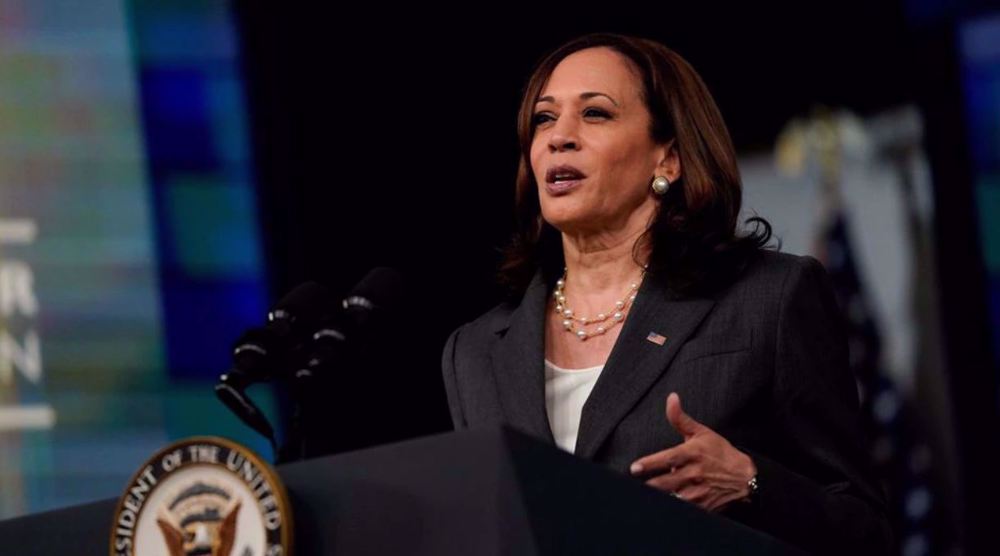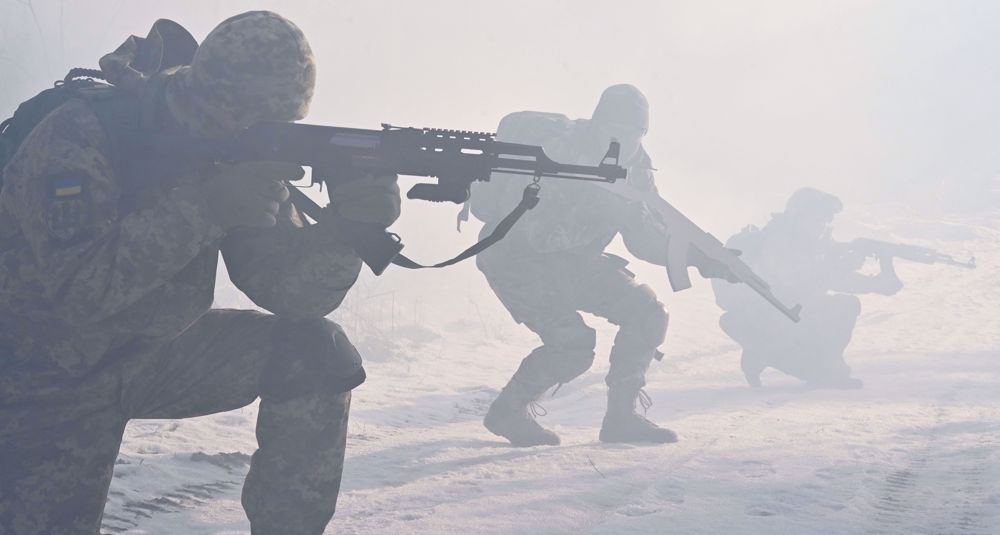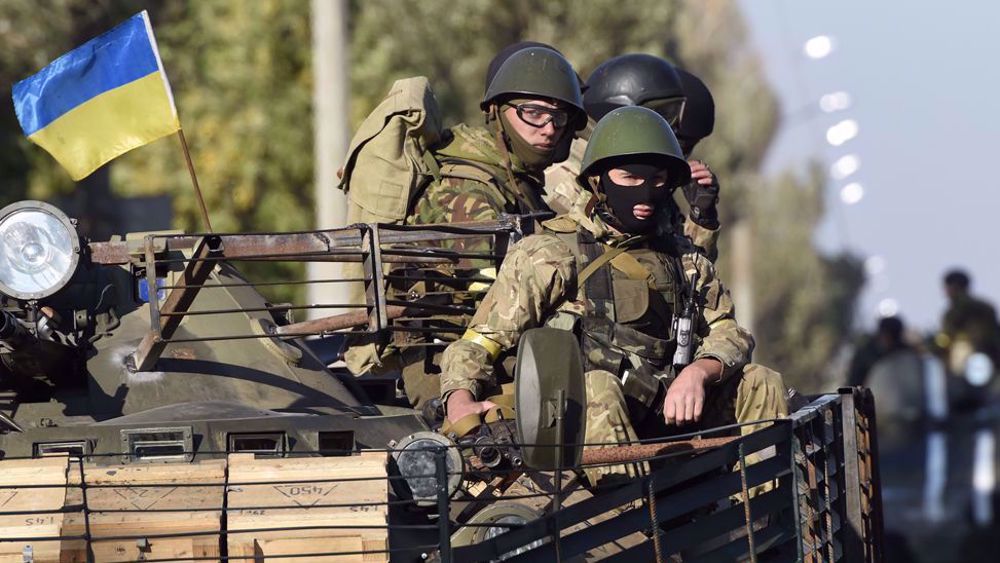Moscow: Biden’s threats against Russia not to help reduce rising tensions
Moscow says US President Joe Biden’s warnings of devastating consequences for Russia will not help defuse rising tensions over Ukraine and will rather destabilize the situation further.
Biden on Wednesday said at a press conference that Russia would pay dearly if it launched a full-scale invasion of Ukraine, adding Russian President Vladimir Putin would "regret having done it”.
The response to such an invasion would be “severe” and that the consequences would be a “disaster for Russia”, he added.
Kremlin spokesman Dmitry Peskov on Thursday responded to Biden's warnings, saying Russia had been receiving similar warnings for at least a month.
“We believe that they in no way contribute to defusing the tension that has now arisen in Europe and, moreover, can contribute to the destabilization of the situation, because they can inspire some hotheads in Ukraine with false hopes,” Peskov said.
“We are concerned about this,” the Russian official further said at a virtual presser.
Russia and the US-led NATO have recently been at odds over Ukraine. Western countries accuse Russia of preparing for an invasion of Ukraine by amassing troops and armaments near the border with that country. Moscow says that it is free to move its military freely within its borders and that it is taking precautionary steps because of increased NATO activity near its territory.
US Secretary of State Antony Blinken on Wednesday visited Ukraine where he said Russia could launch a new attack on Ukraine at "very short notice.”
This is while Russian officials have repeatedly denied planning to invade neighboring Ukraine.
Last month, the Russian government made demands on NATO and Ukraine about the future of their relationship, calling on the Western military alliance to deny Ukraine membership to NATO and to roll back its military deployments.
Moscow also proposed that the US should not establish any military bases in the former Soviet states that are not part of NATO, and not develop a bilateral military alliance with them.
Washington has rejected the proposals as “non-starters.”
Earlier this month, Russia held a series of diplomatic meetings with the US and its NATO allies in Geneva, Brussels, and Vienna over the Ukraine crisis. During the talks, the Russian representatives reiterated Moscow's demand for the security guarantees to be taken seriously.
The Kremlin has ruled out any further talks with Washington and NATO over the situation around Ukraine unless the West responds properly to its security demands.
Washington has already announced that it would begin the process of shipping $200 million worth of anti-armor missiles, ammunition and other equipment to Ukraine in the coming days.
Furthermore, the US State Department approved shipments of US-made missiles and other weapons from NATO allies Lithuania, Latvia and Estonia to Ukraine, Reuters cited three unnamed sources as saying on Wednesday.
According to the report, Estonia can now ship Javelin anti-tank missiles to Ukraine, while Lithuania is allowed to send Stinger missiles.
Relations between Ukraine and Russia have been deteriorating since 2014, when the then-Ukrainian territory of Crimea voted in a referendum to fall under Russian sovereignty. The US and the European Union backed Kiev, refusing to recognize the referendum results and later imposing sanctions on Moscow.
Ukraine as well as the EU and the US also claim that Russia has a hand in an ongoing conflict that erupted in the Donbass region of Ukraine between government forces and ethnic Russians in 2014. The West imposed sanctions on Russia after accusing it of interfering in the conflict. Moscow denies the allegation.
Ukraine claims that Russia has deployed heavy-armored vehicles, electronic warfare systems, and nearly 100,000 soldiers near its border, while Russia says Ukraine has deployed half of its army, or 125,000 troops, to the Donbass, calling it “very dangerous adventurism.”
‘Ghost town’: 70% of Jabalia buildings destroyed by Israel
Mother’s Day: Sareh Javanmardi’s inspiring journey as Paralympic champion and mother
Russia downs over 40 Ukrainian drones as Putin vows 'destruction' on Kiev
VIDEO | Yemen: A bone in Israeli neck
D-8’s role in Iran’s economy after Cairo summit
China slams US as ‘war-addicted’ threat to global security
China ‘firmly opposes’ US military aid to Taiwan
VIDEO | Press TV's News Headlines













 This makes it easy to access the Press TV website
This makes it easy to access the Press TV website